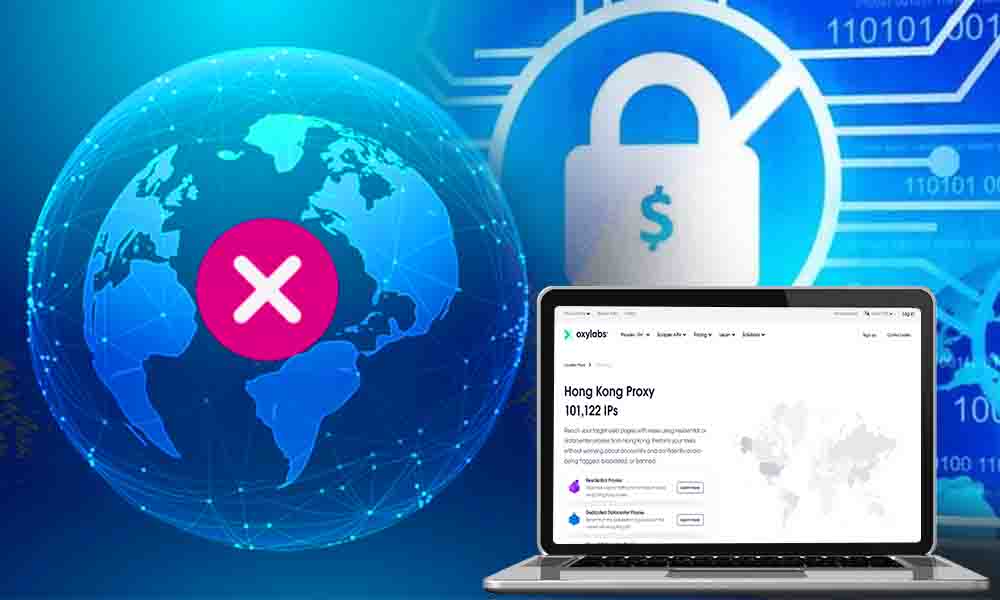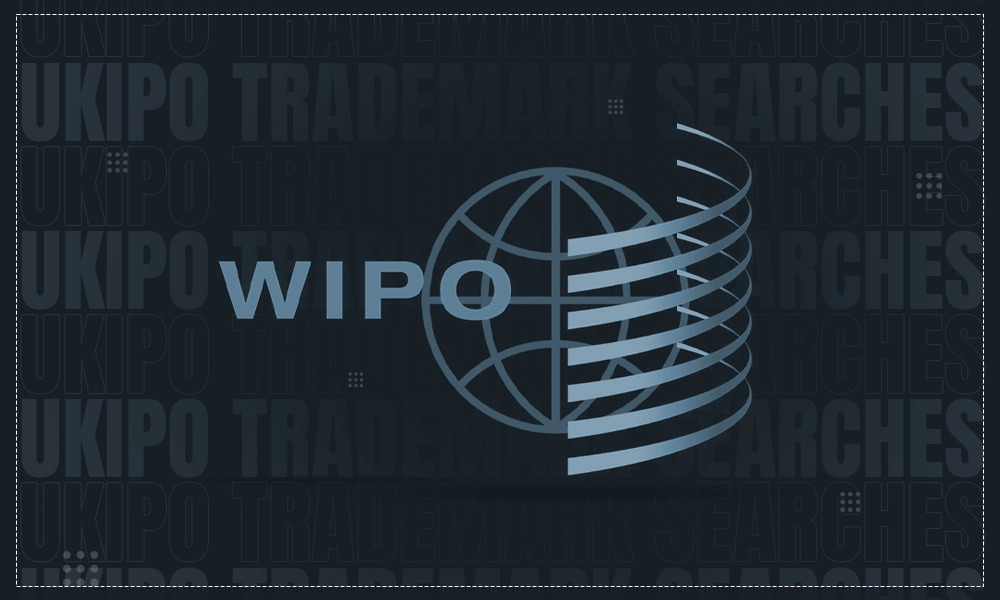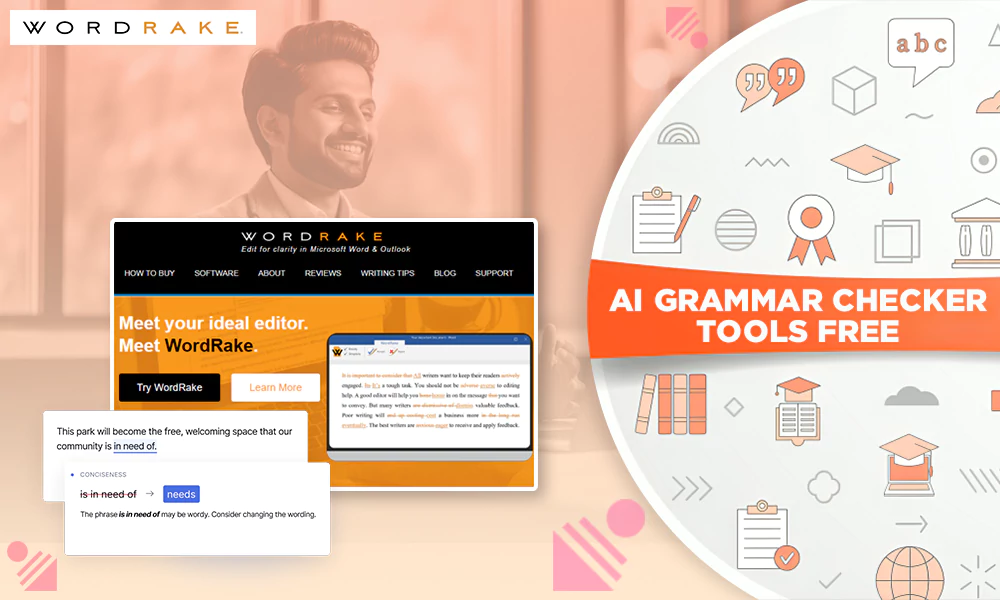Finding the Perfect Proxy for Bypassing Geo-Restrictions

Have you ever tried watching a movie or a TV show on specific streaming platforms only to realize it’s unavailable in your country? That’s because of geo-blocking restrictions. Depending on where you live, they can be pretty frustrating.
Lucky for you, proxies can help you out. They’re an excellent solution to bypass geo-restrictions and access content that might otherwise be unavailable in your country. However, finding the perfect proxy can be challenging.
Read on to find out precisely what geo-blocking is, how proxies can help you, and how you can choose the perfect proxy for your needs.
What is Geo-blocking?
Geographic restrictions, or geo-blocking for short, are measures websites use to restrict access to content from particular areas, locations, or countries. It means that certain content is unavailable to individual users from a specific place in the world.
Sometimes, it’s because of the government due to censorship reasons. For example, a particular movie or TV show might be unavailable for a specific country. Other times, it’s due to licensing and copyright reasons. Either way, some users can’t access certain content. They’re often limited to content that is allowed in their area.
Proxies Can Help
Fortunately, proxy servers exist and are a great way of bypassing geo-restrictions. They work by changing your virtual location. Essentially, they hide your actual IP address and give you another one, which they show to the website you’re accessing.
When using proxies, the communication between you and the website you’re accessing goes through the proxy server. The website only sees the proxy’s IP address. For example, if you were in Japan using a Hong Kong proxy to access websites based in Hong Kong, the websites would see you as someone in Hong Kong.
Remember that using a proxy to bypass geo-restrictions might be against a website’s terms of service. That’s why you should familiarize yourself with the websites you’re using and your country’s laws.
Types of Proxies
Many types of proxy servers exist, each with different advantages and disadvantages. Below are some common proxy types:
- HTTP proxies – The most commonly used type of proxy. People mostly use them for web browsing, as they can bypass filters and firewalls, and companies use them for caching content as they can improve the performance of websites. However, they can only send HTTP requests.
- SOCKS proxies – These are similar to HTTP ones, but they offer more functionality, as they can handle FTP, email, instant messaging, and other protocols on top of HTTP. They’re perfect for users who need access to online services besides web browsing.
- Reverse proxies – Companies and organizations use reverse proxies to intercept and reroute incoming internet traffic to appropriate servers. They improve the performance of websites and prevent overloading.
- Transparent proxies – This is another type of proxy that companies often use. They don’t conceal the IP address, hence the name, but they monitor and control the websites and content employees access during their working hours.
- Residential proxies – These proxies use the IP addresses of real devices. Instead of appearing like data center IP addresses, residential proxies appear like someone’s laptop or mobile phone, giving them the appearance of real users and making them great for bypassing geo-restrictions.
There are many other types of proxy servers, and although it might seem tricky to choose the right one, there’s only one thing to remember when picking a proxy: stay away from free proxies.
Choosing the Right Proxy
As many different proxy servers exist, choosing the right one for your needs may seem overwhelming. However, the critical part of picking the correct proxy server type is figuring out what you would use it for and why you need a proxy server in the first place.
Some proxies are slower, and some are faster. Some hide your IP address well and are incredibly secure, and others don’t even hide the IP address. Some proxies are cheap, and some are more expensive. The key to finding a perfect proxy is finding the sweet spot in these categories.
For example, if you were in Italy trying to access websites in Hong Kong, you would use a Hong Kong proxy to hide your IP address. Otherwise, the website can see you’re accessing from Italy and possibly block your IP address.
Conclusion
Dealing with geo-locked content can be frustrating, and even though proxies can help, finding the right one might be challenging. Understanding what type of proxy to use for what purposes before deciding to pick a proxy is essential.
Most often, the safest bet and the best choice for bypassing geo-restrictions will be residential proxies. They use IP addresses of real devices, appearing as real users to websites you visit. It reduces the risk of getting IP banned and allows you to access content that might otherwise be unavailable for your location.










